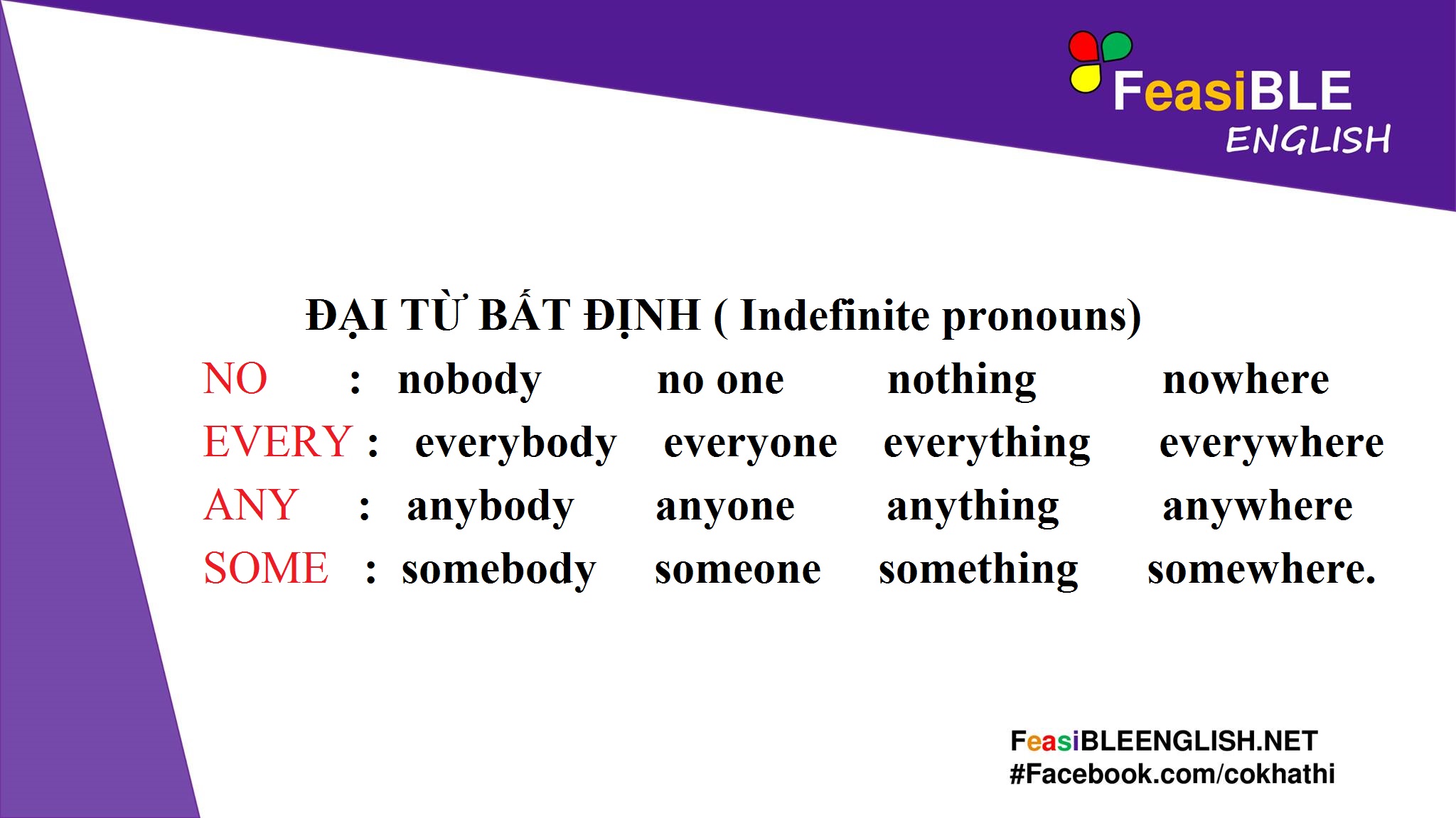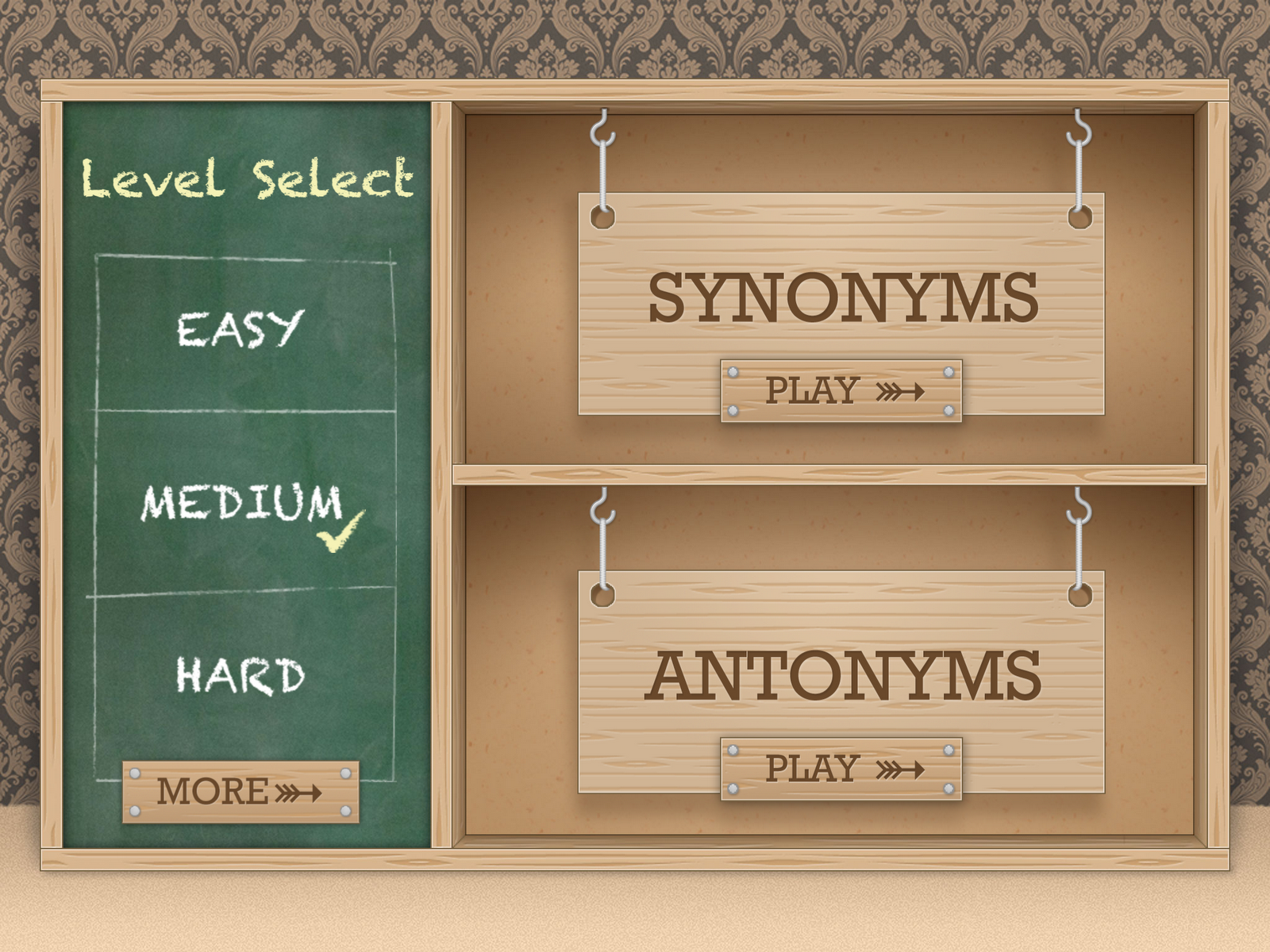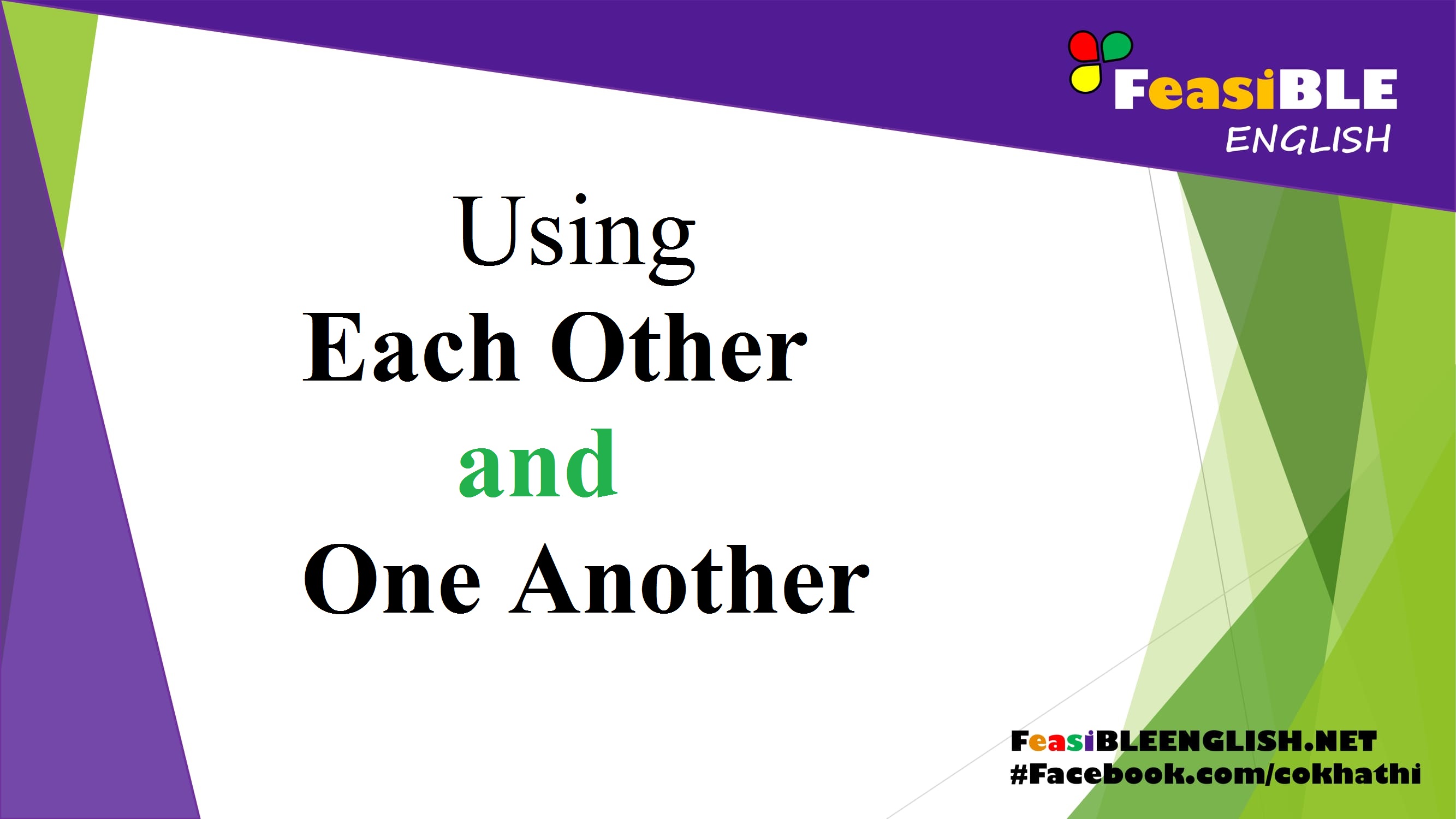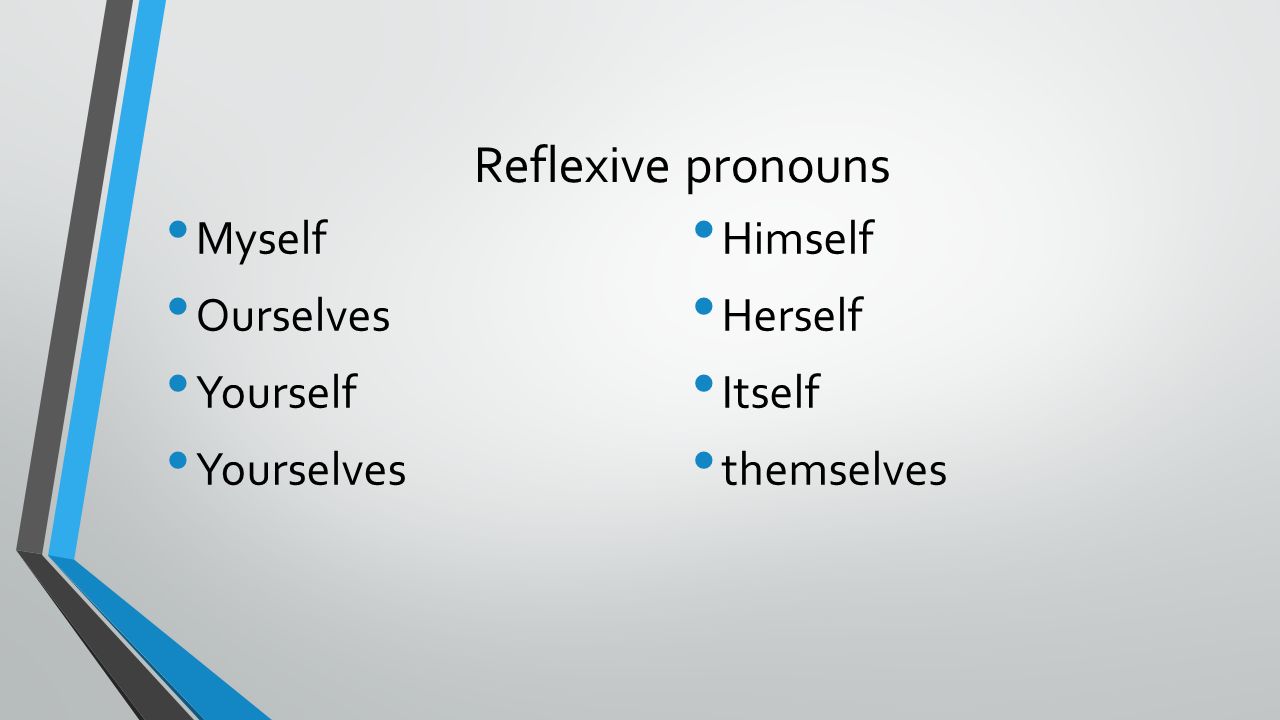| WORD |
SYNONYMS |
ANTONYMS |
| abandon |
desert, forsake |
keep |
| abbreviate |
shorten, condense |
lengthen, increase |
| ability |
skill, aptitude |
incompetence, inability |
| able |
capable, qualified |
incapable |
| above |
overhead |
below |
| abundant |
ample, sufficient |
scanty, insufficient |
| accurate |
correct, right |
wrong |
| achieve |
accomplish, attain |
fail |
| active |
energetic, animated, lively |
lethargic, idle, sluggish |
| adamant |
firm, unyielding |
maneuverable, yielding |
| add |
increase, total |
subtract |
| adequate |
sufficient, enough, ample |
insufficient, sparse |
| adjourn |
postpone, recess |
recommence, continue |
| adult |
grown-up |
child |
| advocate |
support, recommend |
oppose |
| after |
following, next |
before |
| afraid |
frightened, scared |
courageous, brave |
| aggressive |
assertive, pushy, militant |
passive, peaceful |
| aid |
help, assist |
hinder |
| always |
forever |
never |
| amateur |
beginner, novice |
professional |
| ambitious |
aspiring, driven |
lazy, indifferent |
| antagonize |
provoke, embitter |
soothe, tranquilize |
| apparent |
obvious, evident |
hidden, obscure |
| approve |
accept, ratify, endorse |
disapprove, censure |
| arrive |
reach, come |
depart, leave |
| arrogant |
haughty, stuck-up |
humble, modest |
| artificial |
fake, synthetic |
real, authentic |
| ask |
question, inquire |
answer |
| atrocious |
dreadful, contemptible, vile |
kind, wonderful |
| authentic |
genuine, real, factual |
false, artificial |
| average |
ordinary, fair |
unusual, exceptional |
| awful |
dreadful, atrocious |
pleasant |
| awkward |
clumsy, uncoordinated |
graceful |
| ban |
prohibit, forbid, outlaw |
allow, permit |
| barren |
unproductive, infertile |
fertile, productive |
| bashful |
shy, timid |
outgoing, assured |
| beautiful |
pretty, attractive, lovely |
ugly |
| before |
prior, earlier |
after, behind |
| beginning |
start, initiate |
finish, end |
| believe |
trust, accept |
doubt, distrust |
| below |
under, lower |
above |
| beneficial |
helpful, useful, advantageous |
harmful, adverse |
| best |
finest, choice |
worst |
| birth |
beginning |
death, end |
| blend |
combine, mix |
separate |
| bottom |
base, foundation |
top |
| brave |
courageous, bold, heroic |
cowardly, timid |
| break |
fracture, burst |
repair, heal |
| brief |
short, concise |
long |
| broad |
wide, expansive |
narrow |
| busy |
active, occupied, working |
idle, inactive |
| buy |
purchase |
sell |
| calm |
quiet, tranquil, still |
excited, turbulent |
| capture |
apprehend, seize, arrest |
free, release |
| care |
concern, protection |
neglect |
| careful |
cautious, watchful |
careless, reckless |
| cease |
stop, discontinue |
continue, recommence |
| certain |
positive, sure, definite |
uncertain, unsure |
| charming |
delightful, appealing, enchanting |
obnoxious, gross, vulgar |
| chilly |
cool, nippy |
warm |
| chubby |
plump, pudgy |
thin, skinny |
| clarify |
explain, simplify |
confuse |
| close |
shut, fasten |
open |
| close |
near, imminent |
far |
| coarse |
bumpy, rough |
fine, smooth |
| colossal |
enormous, immense, mammoth |
tiny, insignificant, trivial |
| combine |
blend, unite, join |
separate |
| comical |
amusing, funny, humorous |
tragic, sorrowful |
| complex |
complicated, intricate |
simple |
| competent |
capable, qualified |
incompetent, inept |
| comprehend |
understand, grasp |
confuse, misinterpret |
| complete |
conclude, finish |
incomplete |
| complex |
complicated, intricate |
simple |
| compress |
crush, condense, squeeze |
expand |
| concrete |
real, tangible, solid |
abstract, flimsy |
| concur |
agree, cooperate |
disagree |
| condemn |
censure, denounce |
approve |
| condense |
compress, concentrate |
expand, enlarge |
| confess |
admit, acknowledge |
deny |
| confine |
contain, enclose, restrain |
free, release |
| conflict |
oppose, differ, clash |
agree |
| conflict |
fight, battle, struggle |
peace, harmony |
| conform |
comply, submit |
dissent, dispute |
| confuse |
complicate, muddle, jumble |
clarify |
| congested |
overcrowded, stuffed |
empty, unfilled |
| connect |
join, link, attach |
separate, disconnect |
| conscientious |
scrupulous, virtuous |
neglectful, careless |
| conscious |
aware, cognizant |
unaware, unconscious |
| consecutive |
successive, continuous |
interrupted |
| conservative |
cautious, restrained |
radical, extreme |
| considerate |
thoughtful, sympathetic, mindful |
thoughtless, selfish |
| constantly |
always, continually |
scarcely, seldom |
| contaminate |
pollute, defile, infect |
purify |
| contented |
satisfied, pleased |
dissatisfied, unhappy |
| continue |
persist, persevere |
discontinue, stop |
| convalesce |
recuperate, recover, heal |
relapse |
| convenient |
handy, accessible |
inconvenient |
| conventional |
customary, traditional |
unusual |
| correct |
accurate, right, proper |
wrong, incorrect |
| courage |
bravery, valor |
cowardice |
| courteous |
polite, civil |
rude |
| cover |
conceal, hide |
expose |
| cozy |
comfortable, snug, homey |
uncomfortable |
| cranky |
cross, irritable |
good-humored |
| crazy |
insane, daft, mad |
sane |
| cruel |
mean, heartless, ruthless |
kind, humane |
| cry |
sob, weep |
laugh |
| dally |
loiter, linger |
rush |
| damage |
hurt, impair, harm |
remedy, repair |
| dangerous |
unsafe, hazardous, perilous |
safe |
| daring |
bold, audacious |
cautious |
| dark |
dismal, black |
light |
| dawn |
daybreak, sunrise |
evening |
| dead |
lifeless, deceased |
alive, active |
| decay |
rot, spoil |
bloom, flourish |
| deduct |
subtract, remove |
add |
| defend |
protect, shield |
attack, assault |
| defy |
resist, challenge |
obey, comply |
| delicate |
fragile, dainty |
sturdy |
| demolish |
destroy, wreck |
restore |
| denounce |
blame, censure, indict |
commend |
| dense |
thick, heavy, compressed |
sparse, empty |
| depart |
leave, exit |
arrive |
| deposit |
store, place |
withdraw |
| desolate |
barren, forsaken |
dense, verdant |
| despise |
hate, detest, loathe |
love |
| destitute |
poor, penniless |
wealthy |
| destroy |
ruin, wreck, devastate |
restore |
| detach |
separate, unfasten, remove |
attach |
| deter |
hinder, prevent |
encourage |
| determined |
sure, convinced, resolute |
doubtful |
| die |
expire, perish |
live |
| different |
distinct, unlike |
same, alike |
| difficult |
hard, challenging |
easy |
| dilute |
weaken, thin |
strengthen |
| diminish |
curtail, lessen, decrease |
increase, amplify |
| dirty |
soiled, messy |
clean |
| disagree |
differ, dispute |
agree |
| dispute |
debate, oppose |
agree |
| diverse |
different, distinct |
same, similar |
| divide |
separate, split |
unite |
| docile |
tame, gentle |
wild, stubborn |
| dormant |
sleeping, inactive |
awake, active |
| doubt |
mistrust, dispute |
believe |
| drab |
dull, lifeless |
bright |
| drastic |
severe, extreme, tough |
mild, moderate |
| dreadful |
terrible, unpleasant |
splendid, super |
| dry |
arid, parched |
wet |
| dubious |
doubtful, questionable |
certain |
| dull |
blunt, dreary |
sharp, bright |
| dumb |
stupid, dense |
smart |
| early |
premature, beforetime |
late |
| easy |
simple |
hard |
| eccentric |
peculiar, unusual |
normal |
| ecstasy |
joy, rapture, elation |
sadness, depression |
| empty |
drain, unload |
fill |
| encourage |
promote, support, urge |
discourage |
| enemy |
opponent, foe |
ally, friend |
| enjoy |
like, appreciate |
dislike, hate |
| enlarge |
expand, magnify |
reduce, shrink |
| enormous |
vast, immense, colossal |
tiny, microscopic |
| enough |
sufficient, ample, plenty |
insufficient |
| entirely |
wholly, completely, solely |
partly |
| eternal |
always, perpetual, everlasting |
temporary, passing |
| evident |
apparent, obvious, clear |
doubtful, vague |
| evil |
bad, wrong, wicked |
good |
| exceptional |
remarkable, outstanding |
ordinary, commonplace |
| excite |
arouse, provoke, incite |
compose, calm |
| exhilarated |
overjoyed, ecstatic, elated |
depressed, dejected, sad |
| explicit |
exact, distinct, unmistakable |
indefinite, unclear |
| exquisite |
delightful, charming, lovely |
revolting, repulsive |
| exterior |
outside, outer |
interior |
| extravagant |
extreme, excessive, luxurious |
meager |
| fabulous |
marvelous, amazing |
unexciting |
| face |
confront, meet |
avoid |
| fair |
honest, just, impartial |
unjust, unfair |
| fake |
imitation, phony, artificial |
real, genuine |
| false |
incorrect, untrue |
true |
| fancy |
elaborate, ornate, fussy |
simple, plain |
| fantastic |
incredible, outrageous |
ordinary, usual |
| fast |
rapid, quick, swift |
slow |
| fat |
chubby, plump, stout |
thin |
| fatal |
deadly, mortal, killing |
|
| fatigue |
tire, exhaust |
|
| feasible |
possible, attainable, practical |
impossible |
| feeble |
weak, frail |
strong |
| ferocious |
fierce, savage, brutal, savage |
tame, gentle |
| fertile |
fruitful, productive |
unproductive, barren |
| few |
|
many |
| fiction |
fantasy, untruth, myth |
truth |
| fill |
load, pack |
empty |
| fix |
mend, repair |
break |
| flaw |
defect, fault, blemish |
perfection |
| flimsy |
frail, fragile, delicate |
sturdy, strong |
| flippant |
impudent, sassy |
polite, respectful |
| fluid |
liquid |
solid |
| foe |
enemy, adversary, opponent |
friend |
| follow |
succeed, trail |
lead, precede |
| forbid |
prohibit, ban, bar |
encourage |
| forgive |
pardon, excuse, absolve |
|
| former |
previous, earlier |
latter |
| fraction |
part, portion, segment |
whole |
| frank |
candid, straightforward, blunt |
evasive |
| frenzy |
fury, rage |
serenity, calmness |
| fresh |
unused, new |
old, stale |
| friend |
comrade, buddy |
enemy |
| frigid |
freezing, frosty |
warm, hot |
| frivolous |
trivial, unimportant, silly |
important, serious |
| front |
fore |
back |
| full |
packed, stuffed |
empty |
| furious |
angry, enraged, infuriated |
calm, placid |
| future |
coming, tomorrow |
past |
| gain |
acquire, obtain, receive |
lose |
| gallant |
chivalrous, stately |
ungentlemanly |
| gather |
collect, accumulate, compile |
scatter, disperse |
| gaudy |
showy, garish, vulgar |
tasteful, refined |
| gaunt |
scrawny, skinny, thin |
overweight, plump |
| generous |
giving, selfless, big-hearted |
selfish, stingy |
| gentle |
tender, mild |
rough, harsh |
| genuine |
real, authentic, sincere |
fake, phony |
| gigantic |
immense, colossal, enormous |
tiny, minute |
| give |
donate, present, offer |
take, receive |
| glad |
happy, pleased, delighted |
sad, unhappy |
| gloomy |
dark, dismal, depressing |
cheery, bright |
| glorious |
splendid, magnificent, superb |
terrible, awful |
| good |
nice, fine, well-behaved |
bad, awful |
| gorgeous |
ravishing, dazzling, stunning |
hideous, unattractive |
| gratitude |
thankfulness, appreciation |
ungratefulness |
| great |
outstanding, remar |
insignificant, unimportant |
| handy |
useful, convenient, skillfu |
inconvenient, inept |
| hard |
firm, solid, difficult |
soft, easy |
| hate |
loathe, detest |
love |
| help |
aid, assist |
hinder, thwart |
| high |
elevated, lofty |
low |
| hold |
grasp, grip, retain |
release, discharge |
| honest |
truthful, sincere, frank |
untruthful, insincere |
| hospitable |
welcoming, cordial, gracious |
rude, unfriendly |
| hostile |
antagonistic, aggressive, militant |
friendly, cordial |
| huge |
vast, immense, great |
small, tiny |
| humble |
modest, unpretentious |
vain, showy |
| humiliate |
embarrass, disgrace, dishonor |
honor, dignify |
| identical |
alike, duplicate |
different, varied |
| idle |
inactive, lazy |
busy, ambitious |
| ignorant |
uninformed, unaware |
knowledgeable |
| immaculate |
spotless, pure |
dirty, filthy |
| immature |
childish, inexperienced |
mature, adult |
| immune |
resistant, exempt |
susceptible |
| impartial |
neutral, unbiased, fair |
prejudiced |
| impatient |
eager, anxious, intolerant |
patient |
| imperative |
compulsory, crucial, mandatory |
unnecessary, optional |
| imperfect |
marred, defective, faulty |
perfect, flawless |
| impetuous |
impulsive, rash, reckless |
restrained, careful |
| important |
significant, meaningful |
unimportant, meaningless |
| independent |
self-reliant, autonomous |
dependent, unsure |
| inferior |
lesser, substandard |
superior |
| infuriate |
enrage, agitate, provoke |
soothe, clam |
| ingenious |
clever, creative, original |
unoriginal, dull |
| innocent |
guiltless, blameless |
guilty |
| insane |
crazy, deranged, mad |
sane |
| insufficient |
inadequate, deficient |
adequate, enough |
| intelligent |
bright, sensible, rational |
ignorant, dense |
| interesting |
provocative, engrossing |
dull, boring |
| intermittent |
sporadic, periodic |
regular, continual |
| internal |
inner, inside |
external, outer |
| intolerant |
bigoted, prejudiced |
understanding, accepting |
| intriguing |
fascinating, enthralling |
uninteresting, dull |
| irrelevant |
inappropriate, unrelated |
relevant, pertinent, applicable |
| irritate |
annoy, agitate, provoke |
soothe, calm |
| join |
connect, unite, link |
separate, disconnect, detach |
| jolly |
merry, jovial, joyful |
sad, grim, glum |
| jubilant |
overjoyed, delighted, elated |
dejected, depressed |
| keep |
save, protect, guard |
discard, lose |
| kind |
considerate, tender, thoughtful |
mean, cruel, inconsiderate |
| lament |
mourn, grieve |
rejoice, celebrate |
| large |
big, massive, huge |
small, little |
| last |
final, end |
first, beginning |
| least |
fewest, minimum, smallest |
most, maximum |
| legible |
readable, clear |
illegible, unreadable |
| lenient |
lax, unrestrained, easy |
harsh, strict |
| listless |
lethargic, tired |
active, energetic |
| logical |
sensible, sane, rational |
illogical, unreasonable |
| long |
lengthy |
short |
| loose |
slack, limp |
tight |
| lure |
attract, seduce, entice |
repel |
| luxurious |
extravagant, elegant |
meager, scanty |
| magnify |
expand, enlarge, exaggerate |
reduce, minimize |
| mandatory |
required, compulsory |
optional |
| maneuver |
manipulate, handle, scheme |
|
| maximum |
greatest, uppermost, highest |
minimum, least |
| meager |
scanty, sparse, poor |
abundant, generous |
| mean |
unkind, malicious, nasty |
pleasant, nice |
| mediocre |
fair, moderate, so-so |
outstanding |
| mend |
repair, fix |
break |
| migrant |
drifting, traveling, transient |
stationary, immovable |
| militant |
combative, aggressive, warlike |
peaceful |
| minor |
lesser, inferior, secondary |
major |
| mirth |
merriment, fun, laughter |
gloom, sadness |
| mischievous |
naughty, impish |
well-behaved, angelic |
| misfortune |
hardship, catastrophe, mishap |
good luck, fortune |
| mobile |
moveable, changeable |
immobile, stationary |
| moderate |
temperate, lenient, medium |
extreme, harsh |
| momentous |
important, powerful, outstanding |
unimportant, insignificant |
| monotonous |
boring, tedious dreary, humdrum |
interesting |
| moral |
ethical, virtuous, righteous |
immoral, unethical |
| morbid |
appalling, awful, ghastly |
pleasant |
| morose |
gloomy, sullen, moody, glum |
cheerful, optimistic |
| mourn |
grieve, lament, bemoan |
rejoice |
| mysterious |
elusive, occult, secret |
obvious, known |
| naughty |
bad, disobedient, wrong |
good, appropriate |
| neat |
clean, orderly, tidy |
sloppy, disorderly |
| negligent |
careless, derelict, inattentive |
conscientious, careful |
| nervous |
ruffled, flustered, perturbed |
composed, calm |
| neutral |
impartial, unprejudiced |
prejudiced, partial |
| new |
unused, fresh, modern |
old, antique |
| nice |
pleasing, desirable, fine |
unpleasant, naughty |
| nonchalant |
indifferent, lackadaisical, blase |
concerned, apprehensive |
| normal |
ordinary, typical, usual |
abnormal, unusual |
| numerous |
several, abundant, considerable |
few, scanty |
| obey |
mind, heed, comply |
disobey, resist |
| oblivious |
unconscious, preoccupied, dazed |
mindful, aware |
| obnoxious |
offensive, abominable, repulsive |
pleasant, pleasing |
| observe |
examine, study, scrutinize |
ignore, disregard |
| obsolete |
extinct, dated, antiquated |
stylish, vogue, current |
| obstinate |
stubborn, bullheaded, adamant |
maneuverable, flexible |
| odd |
peculiar, weird, strange |
usual, ordinary |
| offend |
displease, affront, disgust |
please, delight |
| ominous |
threatening, menacing |
|
| opaque |
obscure, murky, unclear |
transparent, clear |
| open |
begin, unfold, originate |
close |
| opponent |
enemy, rival, foe |
ally, friend |
| optimistic |
hopeful, confident |
pessimistic |
| optional |
voluntary, elective |
required |
| ordinary |
usual, average |
unusual, remarkable |
| outrageous |
preposterous, shocking |
warranted, acceptable |
| outstanding |
extraordinary, distinguished |
insignificant, inconsequential |
| painstaking |
meticulous, precise, fastidious |
careless, negligent |
| passive |
compliant, submissive, yielding |
forceful |
| past |
former, previous, preceding |
future |
| patience |
tolerance, perseverance |
impatience |
| peculiar |
weird, bizarre |
normal, conventional |
| perfect |
flawless, accurate |
imperfect, faulty |
| permanent |
enduring, lasting |
temporary, changing |
| perpetual |
eternal, endless, incessant |
short-lived, fleeting |
| persuade |
convince, influence |
dissuade, deter |
| plausible |
believable, reasonable, logical |
unbelievable |
| plentiful |
ample, enough, abundant |
scarce, insufficient |
| pliable |
supple, flexible, compliant |
rigid, closed-minded |
| polite |
gracious, refined, courteous |
rude, discourteous |
| poor |
destitute, needy, impoverished |
rich, wealthy |
| portion |
part, segment, piece |
whole, total |
| possible |
conceivable, feasible, plausible |
impossible, unachievable |
| precarious |
dangerous, uncertain, shaky |
sure, safe |
| precious |
cherished, valuable, prized |
cheap, worthless |
| prejudiced |
biased, opinionated, influenced |
impartial |
| premature |
early, hasty |
late, delayed |
| premeditated |
planned, intended, calculated |
spontaneous, accidental |
| preserve |
uphold, guard, save |
destroy, neglect |
| pretty |
lovely, beautiful, attractive |
homely, unattractive |
| prevalent |
customary, widespread |
uncommon, unusual |
| prevent |
thwart, prohibit, hinder |
permit, allow |
| probable |
likely, apt, liable |
improbable, doubtful |
| proficient |
skilled, adept, competent |
inefficient, inept |
| profit |
gain, earnings, benefit |
loss |
| prohibit |
forbid, bar, restrict |
allow, permit |
| prominent |
distinguished, eminent |
unknown, not renowned |
| prompt |
punctual, timely |
late, slow |
| prosperous |
thriving, successful, flourishing |
unsuccessful, fruitless |
| proud |
arrogant, elated |
modest, ashamed |
| push |
shove, propel |
pull |
| qualified |
competent, suited, capable |
unfit, unsuited |
| question |
interrogate, inquire, ask |
answer |
| quiet |
silent, hushed, tranquil |
noisy, rowdy |
| quit |
cease, stop, withdraw |
continue, remain |
| racket |
noise, commotion, disturbance |
peace, quiet |
| radiant |
luminous, shining, lustrous |
dim, not illuminated |
| raise |
hoist, elevate |
lower |
| ratify |
approve, confirm, endorse |
veto, refuse |
| rational |
logical, level-headed, sensible |
irrational, crazy |
| ravage |
devastate, ruin, damage |
restore, revitalize |
| raze |
destroy, demolish |
build, construct |
| recreation |
amusement, pleasure, pastime |
work, labor |
| reduce |
lessen, decrease, diminish |
increase, enlarge, amplify |
| refute |
contradict, dispute |
agree, concur |
| regular |
routine, customary, steady |
irregular, abnormal |
| regulate |
control, oversee, handle |
decontrol |
| relentless |
persistent, merciless, unyielding |
lenient, sympathetic |
| relevant |
pertinent, suitable, apropos |
irrelevant, insignificant |
| reliable |
trustworthy, steadfast, stable |
undependable, unreliable |
| reluctant |
unwilling, hesitant |
willing, accommodating |
| remote |
secluded, isolated, distant |
close, accessible |
| repulsive |
hideous, offensive, gruesome |
pleasing, alluring |
| reputable |
honorable, upstanding, honest |
dishonest, untrustworthy |
| resist |
oppose, withstand, defy |
comply, conform |
| retaliate |
avenge, revenge, reciprocate |
|
| reveal |
show, disclose, divulge |
hide, conceal |
| ridiculous |
nonsensical, foolish, preposterous |
sensible, believable |
| risky |
hazardous, perilous, chancy |
safe, sound |
| rowdy |
boisterous, rambunctious |
well-mannered, genteel |
| rude |
impolite, discourteous |
polite, mannerly |
| sad |
unhappy, dejected, gloomy |
happy, glad |
| same |
identical, alike, equivalent |
different, diverse |
| savage |
uncivilized, barbarous |
civilized, gentle, tame |
| save |
preserve, conserve, keep |
spend, discard |
| scarce |
scanty, rare, sparse |
plentiful, abundant |
| scrawny |
skinny, gaunt, spindly |
husky, chubby |
| scrupulous |
meticulous, ethical, fastidious |
unethical, careless |
| seize |
apprehend, grab, snatch |
release, free |
| separate |
divide, segregate, partition |
unite, join |
| serene |
peaceful, tranquil, calm |
disturbed, upset |
| serious |
grave, solemn, pensive |
flighty, fickle |
| shrewd |
clever, cunning, crafty |
unthinking, careless |
| shy |
bashful, timid |
bold, aggressive |
| sick |
ill, ailing |
well, healthy |
| slim |
slender, thin, svelte |
stout, stocky |
| sluggish |
listless, lethargic, inactive |
quick, speedy |
| small |
little, insignificant, trivial |
large, important |
| smooth |
slick, glossy, level |
rough |
| sociable |
friendly, cordial, gregarious |
unfriendly, aloof |
| sorrow |
woe, anguish, grief |
joy, ecstasy |
| special |
exceptional, notable, particular |
ordinary, usual |
| spontaneous |
instinctive, automatic, natural |
planned, rehearsed |
| stable |
steady, unchanging, settled |
unsettled |
| stationary |
fixed, immobile, firm |
movable, portable |
| stimulate |
rouse, stir, motivate |
stifle, suppress |
| stop |
quit, cease, terminate |
start, begin |
| strenuous |
vigorous, laborious |
effortless, easy |
| strict |
stringent, severe, stern |
lenient |
| strong |
powerful, mighty, potent |
weak |
| stupid |
unintelligent, dense, foolish |
knowledgeable, smart |
| subsequent |
following, succeeding, latter |
preceding, previous |
| successful |
thriving, prosperous, triumphant |
failing, unsuccessful |
| sufficient |
ample, enough, adequate |
lacking, insufficient |
| superb |
magnificent, exquisite |
inferior, mediocre |
| suppress |
restrain, inhibit, squelch |
foster, encourage |
| surplus |
excess, additional, extra |
lack, deficit |
| swift |
fast, speedy, hasty |
slow, sluggish |
| synthetic |
man-made, artificial |
natural |
| tall |
high, lofty |
short |
| tangible |
concrete, definite |
vague, ambiguous |
| taut |
tense, tight, stiff |
relaxed |
| tender |
delicate, gentle, affectionate |
harsh, rough |
| terrible |
dreadful, horrible, vile |
wonderful, superb |
| thaw |
melt, defrost |
freeze |
| thrifty |
economical, frugal, prudent |
wasteful, extravagant |
| thrive |
prosper, flourish, develop |
fail, fade, shrivel |
| total |
whole, entire, complete |
partial |
| trivial |
insignificant, worthless |
important, crucial |
| turbulent |
tumultuous, blustering, violent |
clam, peaceful |
| turmoil |
commotion, disturbance, fracas |
quiet, tranquility |
| unbiased |
impartial, unprejudiced, fair |
prejudiced, partial |
| upset |
perturb, ruffle, agitate |
soothe, calm |
| urgent |
crucial, important, imperative |
unimportant, trivial |
| vacant |
unoccupied, empty |
filled, occupied |
| vague |
unclear, obscure, indistinct |
clear, definite |
| valiant |
courageous, brave, heroic |
cowardly, fearful |
| vibrate |
shake, quiver, tremble |
firm, steady |
| vicious |
malicious, spiteful, ferocious |
kind, humane |
| victory |
triumph, win, success |
defeat |
| virtuous |
moral, righteous, angelic |
sinful, wicked |
| vulgar |
offensive, uncouth, coarse |
refined, tasteful |
| wealth |
riches, prosperity, assets |
poverty |
| weary |
tired, fatigued, lethargic |
energetic, lively |
| wholehearted |
earnest, sincere |
insincere |
| wild |
uncivilized, savage, reckless |
tame, calm |
| win |
triumph, succeed, prevail |
lose |
| wise |
knowing, scholarly, smart |
dull, uneducated |
| wonderful |
marvelous, incredible, splendid |
ordinary, blah |
| worn |
used, impaired, old |
new, fresh |
| wrong |
incorrect, untrue, mistaken |
correct, right |
| yield |
produce, bear, provide |
keep, retain |
| zenith |
peak, pinnacle, apex |
bottom, base |












Recent Comments